How to Change Careers with No Experience
Starting a new career with no experience in the new industry is quite common. While trying to make a career change, it is important to stay motivated and interested in achieving your aim. In this article, we discuss some reasons people start new careers, even with no experience. We’ve also outlined the steps you can take to change careers with little or no problem.
Here are some reasons why you may consider a change in career, even if you have no experience in the said role.
Better pay or benefits: if you’ve started earning the highest amount an employee can make, it night begin to interest you to try a new career with higher pay and benefits.
You find your new career unchallenging: If you feel like you are stagnant professionally in your current career, you may want to try out a different type of role with more challenging or engaging responsibilities.
You want a career that is in line with your passion: You might’ve been doing jobs that do not let you follow your dreams/passion. A new career choice might be just what you need to do a more fulfilling job and move into your desired career path.
How to change careers, even with no experience
If you’re looking to change your career path, you can follow the following steps:
Learn all you can about the new job: Once you know what career you want to pursue, start pursuing it! Gathering information about the educational requirements, salary range, and in-demand skills of a new career path is very important. You can start learning online or from people holding positions in such a career path. Making these findings and enquiries can give you an insight into the job functions and all the information you need to make your decision.
Make and follow the necessary plans to break into the career: As you take plans to make a start in the career, you can begin to research what it takes to break into it. While some career types might need you to have a whole new set of skills, some do not. Check and compare your set skills with those needed for the new career/role, and see if they are transferable. If your new career requires a qualification that you don’t have, it is important to start taking relevant courses to show your commitment and interest.
Gain some experience: Taking relevant courses, entry jobs or working as a freelancer can get you the needed experience for the job you desire. Volunteering can also help you gather as much experience as necessary, as you would be putting your skills into practice and showcasing how passionate you are on jobs.
Draft a skills-based resume: A skill-based resume is more focused on the skills you have, than your work experience. This can help employers see how much work you can put in if granted the job. In this kind of resume, put your skills at the beginning and your past work experiences at the end. Before writing your skills, you could add a short note to summarize your reasons for changing careers, and how much benefit you would be to the organization. Lay emphasis on your three to five most relevant skills and abilities, and talk about your most important accomplishments relating to each of these skills.
Make use of cover letters: Information on your personality, experience and qualifications, which you probably couldn’t fully discuss in your resume can be seen in your cover letter. Tell your story, give reasons why you want a career change and most importantly, how you’ll be an asset to the company. If you do not have some of the needed skills for a specific position, address this in your cover letter and explain how your past work experience can be useful in the new industry. Make your cover letter as specific and persuasive as possible. Highlighting your skills and how much work you’re willing to put into learning the ropes of the job is important.
Be patient: Switching careers without experience will take time. To stay patient, keep your end goal in mind and remind yourself daily during the wait that this would take time. You can devote the wait time into learning all you need about the job, as this shifts your focus from the wait to feeling fulfilled while learning . Try to hone skills that could help you progress in your new field by being as patient as you can on your current job.


